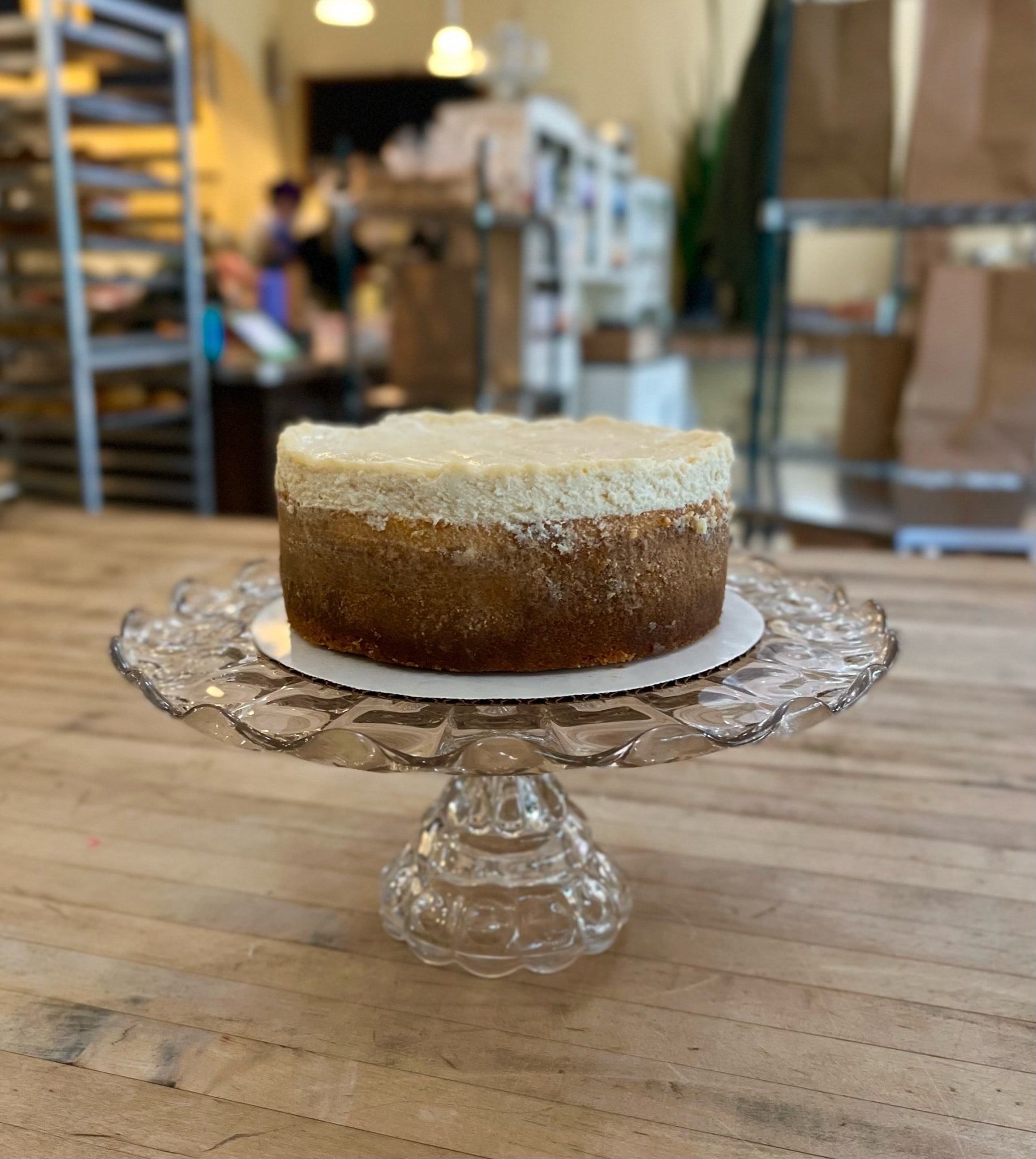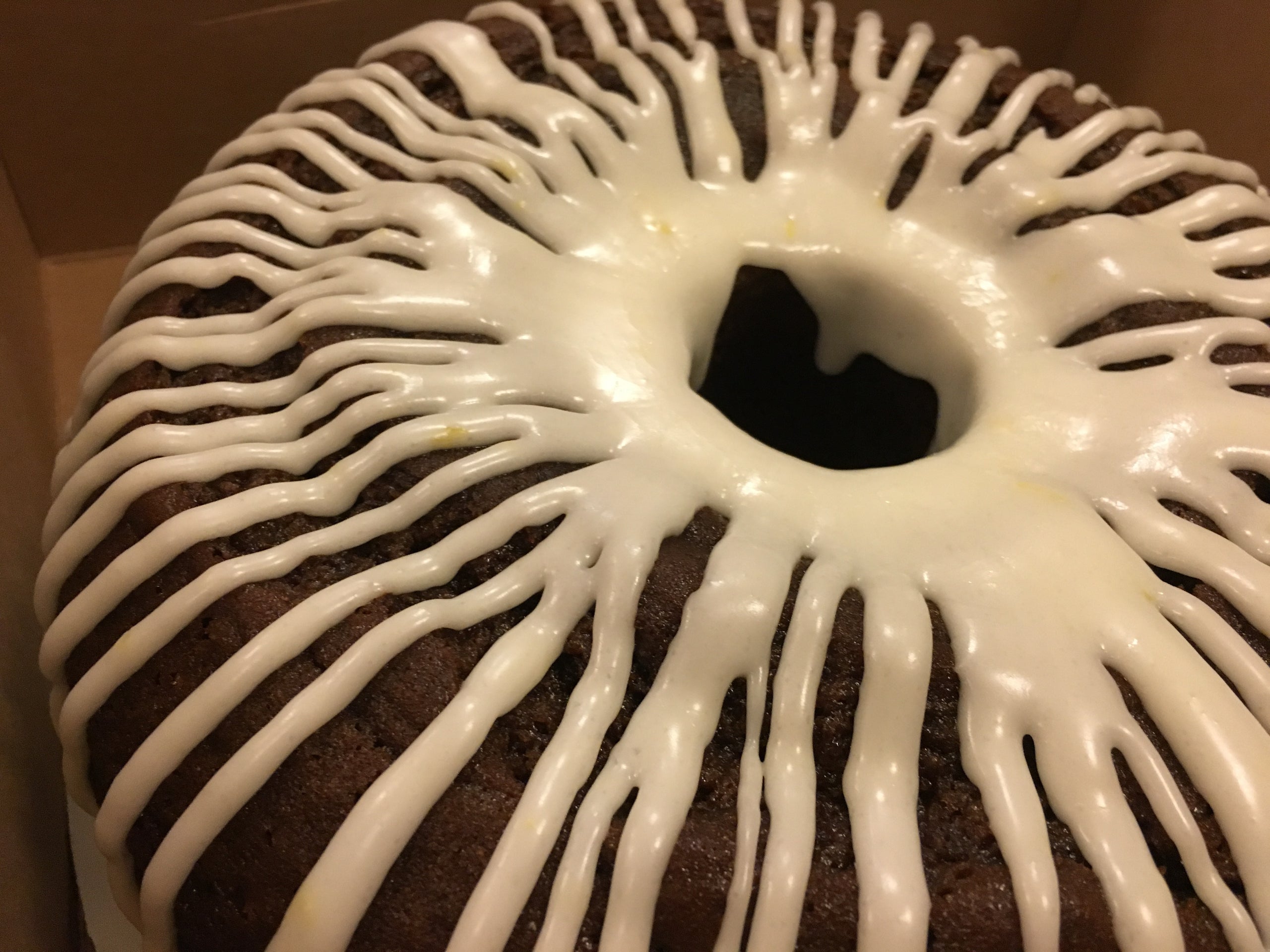AI-Generated Article
This content has been automatically generated using artificial intelligence technology. While we strive for accuracy, please verify important information independently.
Have you ever stopped to think about what it truly means for something to be "able"? It's a word we use quite a bit, yet its full scope, its different shades of meaning, can sometimes get a little lost in the everyday chatter. We often toss it around, perhaps, without really giving much thought to the subtle ways it shifts depending on how we put it together with other words. This exploration aims to pull back the curtain on "able," especially as we consider what it might mean for something as interesting as "able baker maplewood," a phrase that, in a way, brings together different ideas of capability and suitability.
You see, the word "able" itself carries a lot of weight, a whole range of possibilities, from a simple capacity to do something to a deeper sense of worth or fitness for a particular purpose. It's a word that, in some respects, points to potential, to what can be accomplished or what someone or something is good for. Thinking about "able baker maplewood" helps us sort of play with these ideas, to see how a single concept like "able" can apply to a person who makes bread, a type of wood, or even a more abstract idea of what is possible.
So, as we look at this idea, we'll peel back the layers of "able," looking at its different forms and the precise situations where each one fits best. We'll consider how it works with other words, how it points to actions, and how it sometimes describes something that can be acted upon. It's a bit like looking at a finely crafted piece of furniture; you see the whole thing, but then you notice the details, the joinery, the way each part contributes to the overall strength and beauty. That's what we're aiming for with "able baker maplewood" and the word "able" itself.
- Kaitlyn Bubolz Onlyfans
- Felix Et Heidi Stoll Date
- African American Art And Culture Complex
- Calabar High School
- Berkshire Lane
Table of Contents
- The Core of Able Baker Maplewood - What Does 'Able' Really Tell Us?
- The Nuance of Being Able - Is Able Baker Maplewood Always Ready?
- When Does 'Capable' Come Into Play for Able Baker Maplewood?
- A Closer Look at the Linguistic Life of Able Baker Maplewood
- The Birth and Evolution of 'Able' in Able Baker Maplewood's Context
- Exploring the Boundaries - What Can Able Baker Maplewood Not Do?
- How Does Able Baker Maplewood Show Its True Colors?
- The Many Faces of Ability - Insights from Able Baker Maplewood
The Core of Able Baker Maplewood - What Does 'Able' Really Tell Us?
When we look at words that finish with "-able," we're often talking about adjectives, those descriptive words that give us more information about a noun. These words, you know, usually come from a verb, and then we just stick "-able" on the end. This little ending brings with it a specific set of meanings. It can mean that something "can be" done, or that it's "fit for" something, or even that it's "worth" a particular action. It's quite interesting, in a way, how that one small addition can completely change the feel of a word, giving it a sense of passive possibility.
For instance, if you take the word "rely," which is a verb meaning to depend on something, and then you add "-able," you get "reliable." This new word, "reliable," describes something or someone that you can depend on, something that is worthy of your trust. So, when we think about "able baker maplewood," we might consider what aspects of a "baker" or "maplewood" are "able" in this sense. Is the baker "bake-able"? Not quite, that doesn't sound right. But is the baker "train-able"? Absolutely, meaning they can be trained. Is the maplewood "work-able"? Yes, it can be worked with, shaped, and used for building things. It's pretty cool how that works, isn't it?
This idea of something being "able" to be acted upon is a really important point. It's not about the thing doing the action, but about the action being possible *to* the thing. A "washable" shirt, for example, is a shirt that can be washed. It doesn't wash itself, of course. So, in the phrase "able baker maplewood," if we were to imagine a "maplewood" that is "cuttable," it means it can be cut. Or a "baker" who is "teachable," meaning they can be taught. This subtle twist in meaning is, in fact, what gives these "-able" words their special flavor and utility in our daily conversations, allowing us to describe properties and possibilities without having to spell out the whole action every single time.
- Bebehan Onlyfans
- Jane Foodie
- %D8%BA%D8%B2%D8%A7%D9%84 %D8%B1%D8%AC%D8%A8%DB%8C%D8%A7%D9%86
- Camilla Cream Sister
- Cabrillo Beach House
The Nuance of Being Able - Is Able Baker Maplewood Always Ready?
Now, let's talk about "be able to do something," which is a very common phrase we use to talk about capabilities. This expression is quite versatile, you know, and can fit into all sorts of different time frames, whether we're talking about something that happened yesterday, is happening now, or will happen tomorrow. It often points to a capability that might be specific to a certain situation, or maybe even just a one-time thing. It's a bit different from simply saying "can do something," which usually speaks to a more general or ongoing skill set.
For instance, someone might say, "After resting, I was able to lift the box." This suggests a specific moment where the strength was present, perhaps after a period of recovery. It's not saying they can *always* lift heavy boxes, but that in *that moment*, they had the capacity. When we think about "able baker maplewood," we might wonder about the specific abilities involved. Is the "baker" able to bake a particular kind of cake for a special event? That's a specific, perhaps one-off, ability. Is the "maplewood" able to withstand a certain amount of pressure during a storm? That, too, could be a specific, situational capacity.
You see, "can do something" is more about a general faculty. Like, a baker "can bake" generally, meaning they possess the skill of baking. But if they "are able to bake" a wedding cake, it implies they have the particular resources, ingredients, or time for that specific task right now. This distinction is quite important when we're trying to be precise about what we mean. So, if "able baker maplewood" refers to a baker who has the general skill of baking, we'd probably use "can." But if it's about a specific instance, like the baker being able to finish an order by morning, then "be able to" fits much better. It's really about picking the right tool for the job, you know?
When Does 'Capable' Come Into Play for Able Baker Maplewood?
Moving on, we have "be capable of," which is another way to talk about having the power or skill to do something. This phrase is pretty interesting because it can describe both living things, like people, and also things that aren't alive, like objects or materials. This is a key difference from "be able to," which tends to be used more often for people or other living creatures that have a will or a natural faculty to act. So, when we consider "able baker maplewood," the choice between "able to" and "capable of" can tell us a lot about the kind of ability we're describing.
For example, you might say a baker "is capable of" creating incredibly intricate pastries. This suggests a deep, inherent skill set, a general competence. It's not just about a one-time thing, but a sustained, fundamental aptitude. On the other hand, you wouldn't usually say a cloud "is able to" rain. We'd say "it can rain," or "it is capable of raining." The cloud doesn't have a conscious ability in the same way a person does. So, for "maplewood," we would definitely use "capable of." Maplewood "is capable of" holding a strong finish, for instance, meaning it has the inherent properties to do so.
The phrase "being able to do something" can, as a matter of fact, also be used as a noun, like the subject of a sentence. For instance, "Being able to speak French helped her get the job." Here, the whole phrase acts as a single idea, a thing. This shows how flexible our language is, allowing us to package actions and possibilities into different grammatical forms. So, when we consider the conceptual "able baker maplewood," we can think about the inherent "capability" of the baker to produce wonderful loaves, or the "capability" of the maplewood to resist decay. It's about what something inherently possesses the power to do, rather than just a specific, fleeting instance of doing it. This distinction, you know, helps us be more precise in our descriptions.
A Closer Look at the Linguistic Life of Able Baker Maplewood
The very idea of "able baker maplewood" brings us to consider the word "able" itself, not just as a part of a phrase, but as a distinct linguistic entity with its own sort of "life." It's a word that carries a fundamental meaning of having the power, skill, or means to do something. It's quite a foundational concept in our language, allowing us to talk about potential and performance. When we break it down, we see that "able" can describe a person who has talent, or a thing that is fit for a certain use. It's like a little linguistic workhorse, really, carrying a lot of descriptive weight.
You might use "able" to describe someone who is simply "able to do" a task, meaning they have the capacity for it. Or, you might use it to describe someone who is "able" in a more general sense, meaning they are intelligent or talented in a particular area. A baker, for instance, might be "able" to bake a complex pastry, meaning they have the skill. Or, they might just be an "able baker," meaning they are generally good at their craft. This versatility, in some respects, makes the word "able" a powerful tool for communication, allowing us to convey different shades of competence and suitability without a lot of extra words.
This little word, "able," truly has a broad application, from describing someone's general aptitude to their capacity for a specific action. It's a word that helps us define limits and possibilities, giving shape to our understanding of what can be done. So, in thinking about "able baker maplewood," we are, in a way, exploring the different dimensions of "able" as it applies to human skill and material properties. It's a simple word, yet, it carries a lot of weight in how we express what is possible, what is fitting, and what has the power to perform.
The Birth and Evolution of 'Able' in Able Baker Maplewood's Context
Let's consider the word "able" itself, its very essence, and how it has come to be used in our language. It's a word that, as a matter of fact, has a long history, pointing to a core idea of capacity. When we look at "able baker maplewood," we are essentially looking at how this core idea manifests across different kinds of subjects. The word "able" serves as an adjective, a descriptor that tells us about the qualities of something or someone. It speaks to a fundamental capability, whether that's a skill a person possesses or a characteristic a material exhibits.
The way "able" is used, you know, can vary quite a bit. Sometimes it acts as a part of a phrase like "be able to," indicating a specific capacity for action. Other times, it stands alone, describing someone as generally talented or proficient in a certain area. A "baker" might be described as "able" if they are generally skilled at what they do. Similarly, "maplewood" could be thought of as "able" in terms of its suitability for certain tasks, like furniture making, because of its inherent strength or appearance. This adaptability is, in fact, what makes "able" such a useful word in our vocabulary.
To really grasp the idea of "able baker maplewood," we can, in a way, create a sort of linguistic profile for the concept of "able" as it relates to this phrase. This isn't about a person's life story, but about the attributes of the word itself and how it gives meaning to the components of "able baker maplewood." It's a rather abstract way of looking at things, but it helps us sort out the various applications of this important word. So, here's a little look at the "profile" of "able" in this context.
| Attribute | Description in the Context of 'Able Baker Maplewood' |
|---|---|
| Core Meaning | Possessing the power, skill, or means to do something; having a certain capacity. |
| Common Applications | Describes a person's general aptitude (e.g., an "able" baker), or a specific capacity to perform an action (e.g., "able to" bake a cake). Also describes a material's suitability (e.g., "able" maplewood for carving). |
| Grammatical Forms | Adjective ending in "-able" (e.g., "reliable"); part of the phrase "be able to" (e.g., "is able to do"); used with "be capable of" for inherent qualities (e.g., "is capable of being shaped"). |
| Key Distinctions | Different from "can" for specific vs. general ability. Distinct from "capable of" when discussing inanimate objects or inherent properties vs. active, conscious ability. |
| Passive Sense | When added to a verb, often means "can be acted upon" (e.g., "washable" means it can be washed), which applies to "maplewood" being "workable" or "finishable." |
Exploring the Boundaries - What Can Able Baker Maplewood Not Do?
It's just as important to know what "able" doesn't describe as what it does. While the word "able" and phrases like "be able to" are incredibly useful for talking about capacity, they do have their limits. There are situations where using "be able to" simply doesn't fit, especially when we're talking about things that don't have a conscious will or a personal faculty. This helps us understand the true scope of "able" and how it applies, or doesn't apply, to something like "able baker maplewood."
For instance, you would never say, "The sky is able to rain and snow." That sounds really odd, doesn't it
🖼️ Related Images



Quick AI Summary
This AI-generated article covers Able Baker Maplewood - Understanding What It Means with comprehensive insights and detailed analysis. The content is designed to provide valuable information while maintaining readability and engagement.
Prof. Leonor Nicolas Jr.
✍️ Article Author
👨💻 Prof. Leonor Nicolas Jr. is a passionate writer and content creator who specializes in creating engaging and informative articles. With expertise in various topics, they bring valuable insights and practical knowledge to every piece of content.
📬 Follow Prof. Leonor Nicolas Jr.
Stay updated with the latest articles and insights
